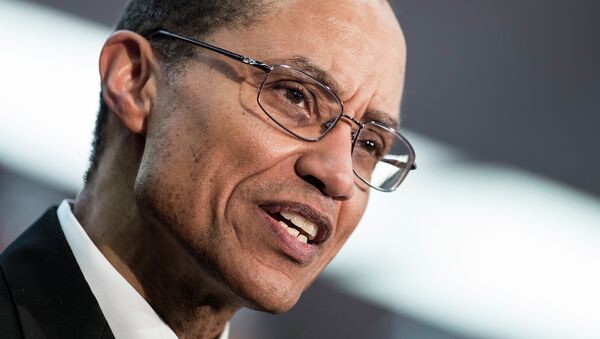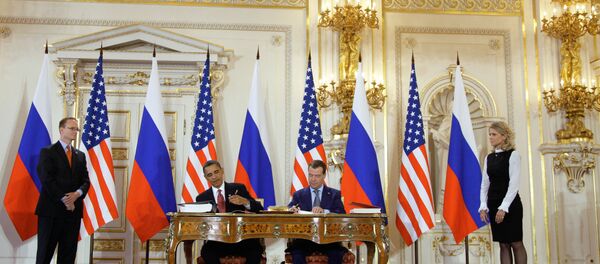"Being able to have this transparency through the START treaty is very important to both our nations [US and Russia]," Haney said at the event in Atlantic Council in Washington. "That's why it's important I think that we continue that kind of business, even through Ukraine and Crimea we have continued to inspect each other per plan associated with that [START] treaty," he added.
Earlier in the week, the head of the Department for Non-Proliferation and Arms Control of the Russian Foreign Ministry Mikhail Ulyanov said that Moscow might revise its commitment to the START treaty in response to unfriendly US actions.
Ulyanov warned that Russia's response could involve revising cooperation with Washington both within the framework of the New START treaty and in the area of non-proliferation.
The new START treaty was signed between Russia and the United States in 2010 and came into force the following year. The new START limits the number of deployed ballistic missiles and heavy bombers equipped for nuclear armaments to 700, the number of deployed nuclear warheads to 1,550, and deployed and non-deployed launchers to 800. The treaty is valid until 2021.
The relations between Russia and the United States deteriorated amid the current situation in Ukraine, as the US and its partners repeatedly accused Moscow of meddling in Ukraine's internal affairs – a claim that Russia denies. However, the two countries continued cooperation in a number of spheres, including the arms reduction.



